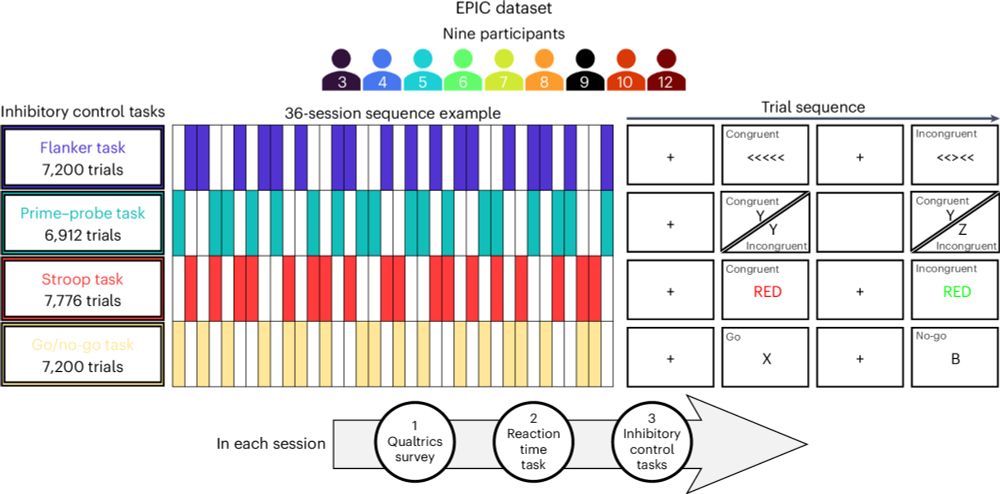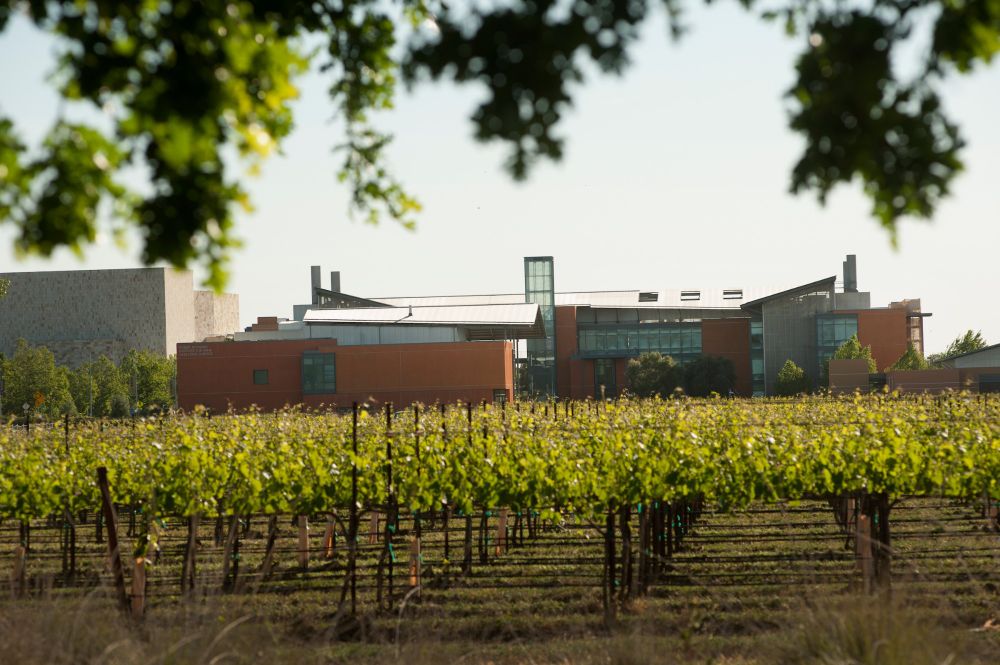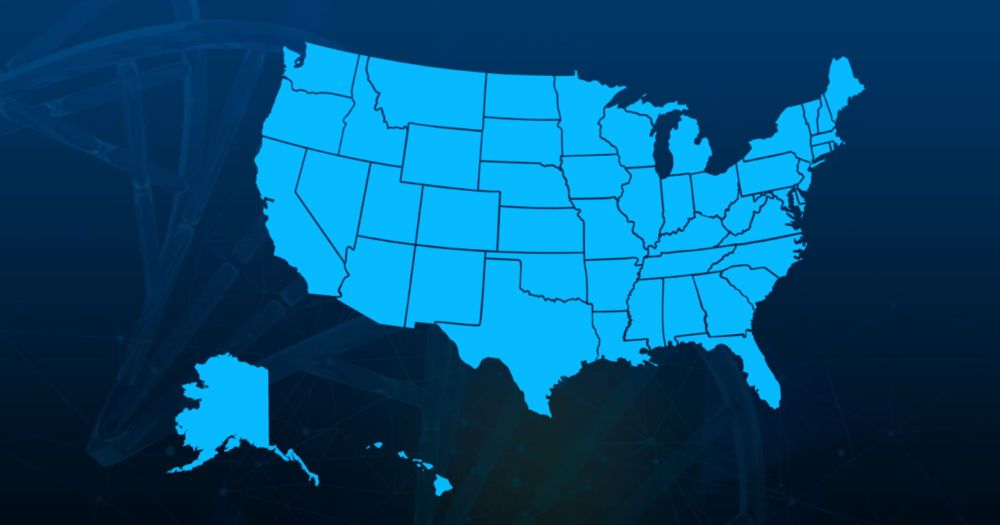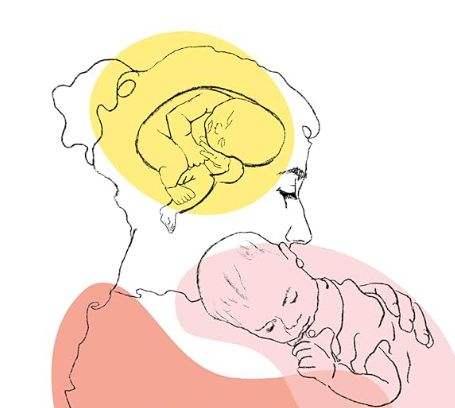Regina Lapate
@lapate.bsky.social
2.1K followers
330 following
13 posts
Asst. Prof of Psych & Brain Sciences at UC Santa Barbara || affective & cognitive neuroscience || formerly at UC Berkeley & UW-Madison
https://lapatelab.psych.ucsb.edu
Posts
Media
Videos
Starter Packs
Pinned
Reposted by Regina Lapate
Reposted by Regina Lapate
Reposted by Regina Lapate
Reposted by Regina Lapate
Reposted by Regina Lapate
Reposted by Regina Lapate
Ben Kanter
@beneuroscience.bsky.social
· Jun 26
Regina Lapate
@lapate.bsky.social
· Jun 27
Reposted by Regina Lapate
Nina Rouhani
@ninarouhani.bsky.social
· May 29
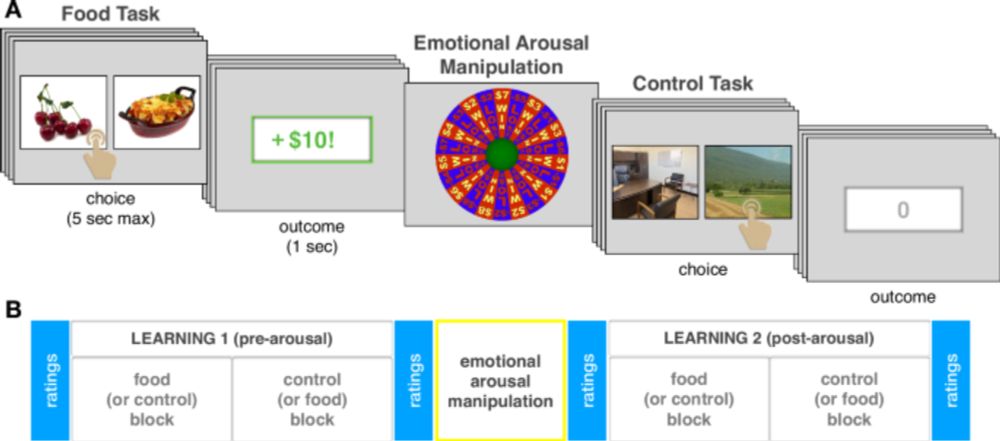
Eating disorder symptoms and emotional arousal modulate food biases during reward learning in females - Nature Communications
Disordered eating can disrupt the rewarding value of food. Here, the authors show in a female sample that eating disorder symptoms, emotional arousal, and interoceptive awareness modulate goal-ir...
www.nature.com
Reposted by Regina Lapate
Reposted by Regina Lapate
Reposted by Regina Lapate
Regina Lapate
@lapate.bsky.social
· Apr 9
Regina Lapate
@lapate.bsky.social
· Apr 9

Willing to wait: Anorexia nervosa symptomatology is associated with higher future orientation and reduced intertemporal discounting - Scientific Reports
Scientific Reports - Willing to wait: Anorexia nervosa symptomatology is associated with higher future orientation and reduced intertemporal discounting
www.nature.com
Regina Lapate
@lapate.bsky.social
· Apr 9
Regina Lapate
@lapate.bsky.social
· Apr 9
Reposted by Regina Lapate
Reposted by Regina Lapate
Reposted by Regina Lapate
Reposted by Regina Lapate
Ian Ballard
@iancballard.bsky.social
· Dec 10

Reward Reinforcement Creates Enduring Facilitation of Goal-directed Behavior
Abstract. Stimulus–response habits benefit behavior by automatizing the selection of rewarding actions. However, this automaticity can come at the cost of reduced flexibility to adapt behavior when ci...
direct.mit.edu





